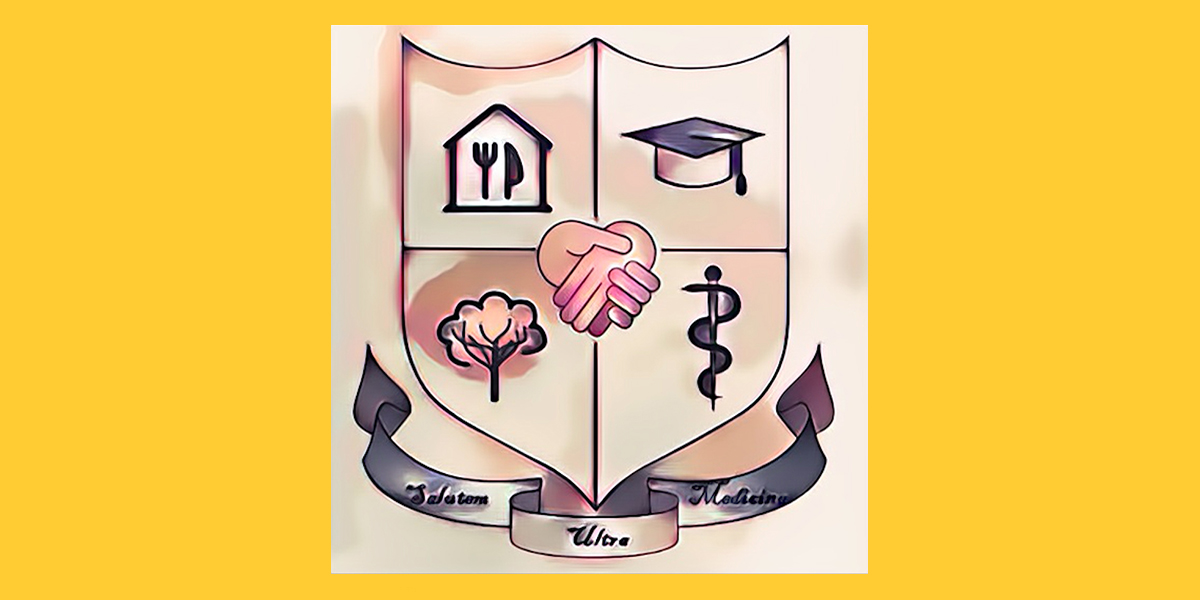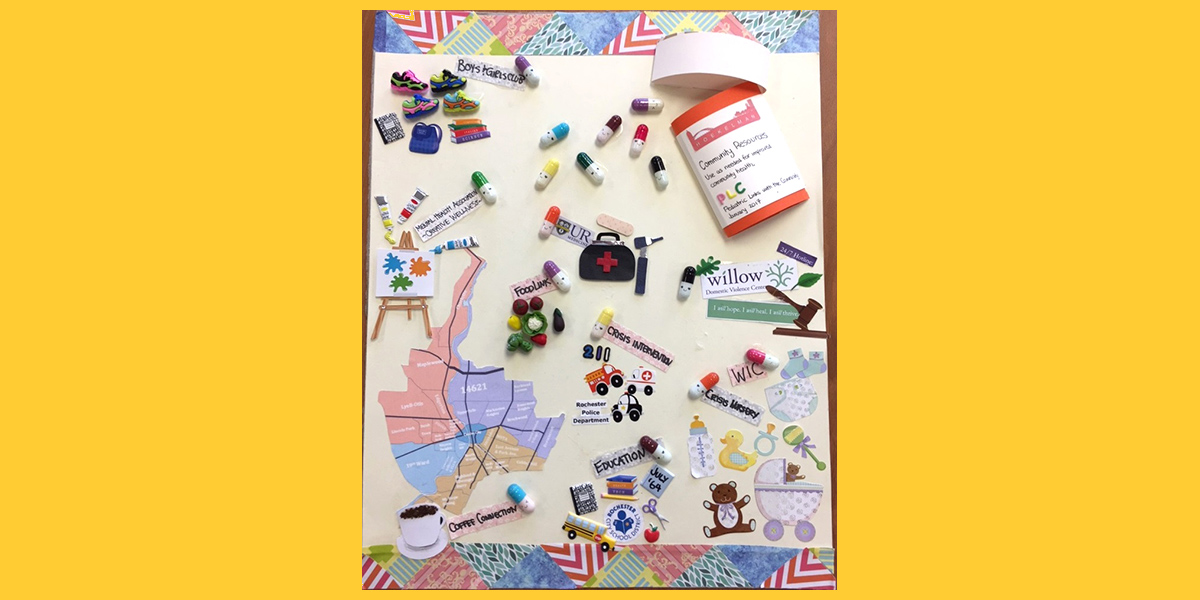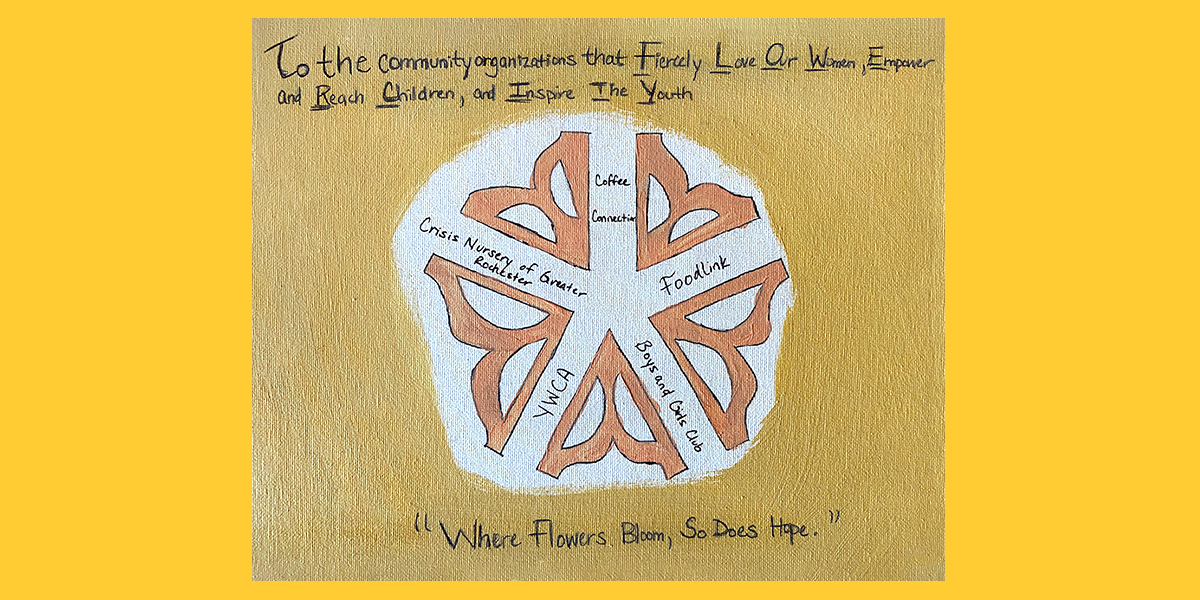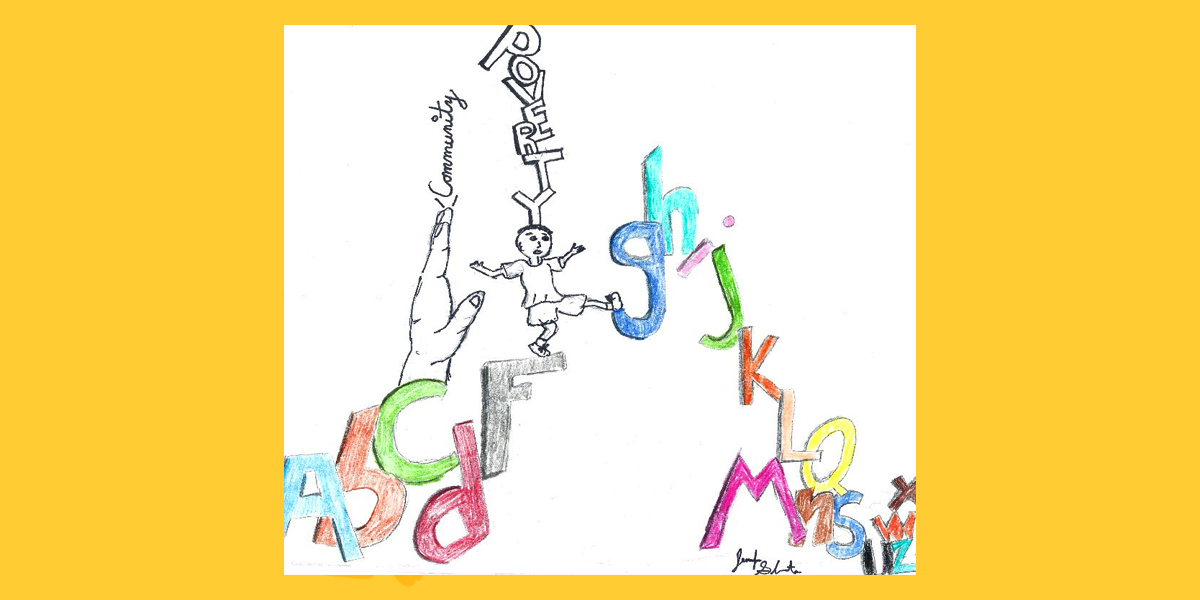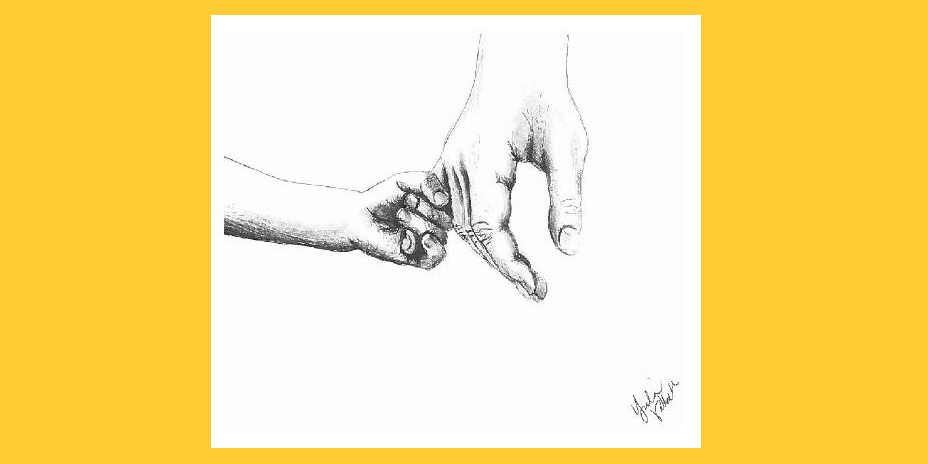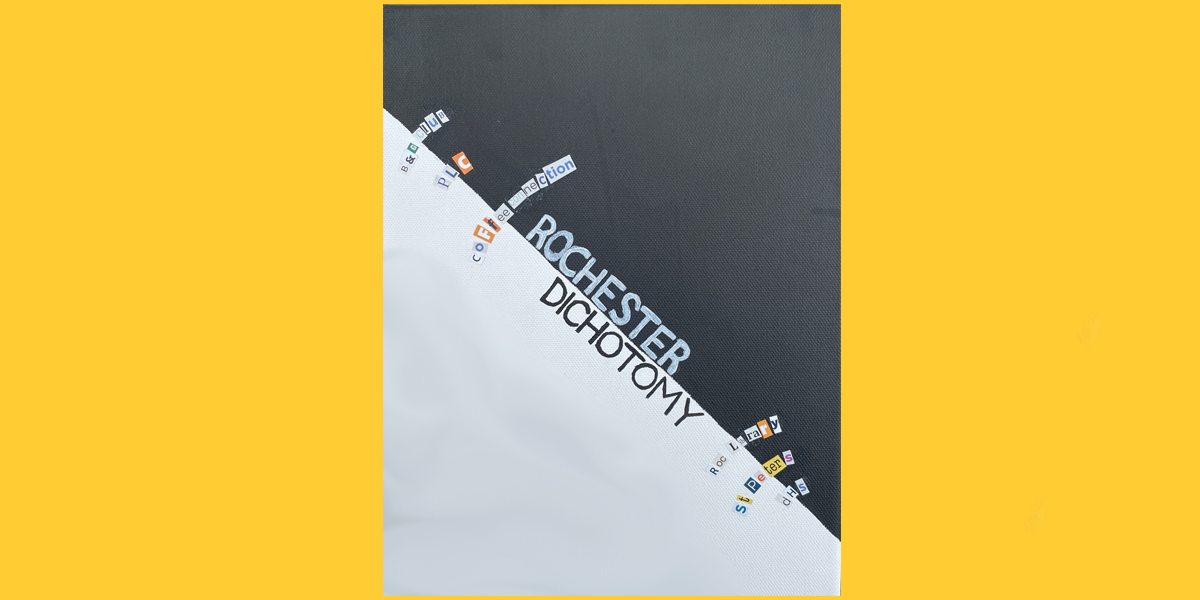Resident Reflections
 Basim Ahmad, MD, Family Medicine
Basim Ahmad, MD, Family Medicine
"I feel like after my PLC rotation I have found myself surprised and inspired by all the hard-working individuals and groups that provide such a vast array of resources to our community...This rotation better equipped me with knowledge of what services are available, and where to find them, and will definitely impact how I prioritize future appointments as the huge impact these services have on patients provides a clear and obvious benefit to their health in all aspects."
 Liam Leblanc, MD, Pediatrics
Liam Leblanc, MD, Pediatrics
"I loved being able to interact with the community in ways that I don’t normally get to. It was a pleasure to get to work at St. Peter’s Kitchen and see how prevalent food insecurity can be in Rochester and not just in the homeless population – many patients relied on the extra food to keep them afloat financially. Or talking in the barber shop which I’ve never had people express such interest and enthusiasm in learning about a multitude of health topics many of which touched on complementary/ alternative medicine topics that I think patients would not be comfortable talking about with me in a normal clinic environment.
PLC was a great rotation that helped me get to know the Rochester community on a more personal level, the various resources it had to offer, and to understand just a little bit better the difficulties patients have to go through to get many of the goods and services too often taken for granted."
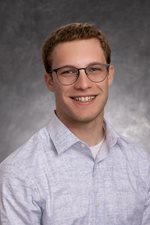 Nathan Rotundo, MD, Medicine Pediatrics
Nathan Rotundo, MD, Medicine Pediatrics
"As someone who had very little experience with substance use before starting residency, this session was easily the most valuable and honestly inspirational, that I had during my two weeks on PLC. I was able to hear from residents what drove them to seek help and what continues to drive them to stay sober. Whether it be family or a traumatic experience that made them decide to get sober, these individuals were putting in the work to give themselves a better life. I walked away from this session feeling inspired by these individuals and the difficult life choices they have had to make but made anyway in order to have a better life."
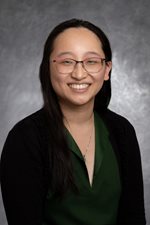 Kathy Lu, MD, Medicine/Pediatrics
Kathy Lu, MD, Medicine/Pediatrics
"Half-awake, rushing to and from work every day, never understanding what these run-down buildings house, just trying to get past these “dangerous areas” with pedestrians weaving into and out of traffic so I can do it all again the next day. Little did I know these run-down buildings house can a person’s only means of living, of housing, of eating, of internet, or of learning. These run-down buildings and the hard-working people inside supply this city’s lifeblood. After seeing these organizations first-hand during PLC, I am now empowered to share these connections with my patients as well."
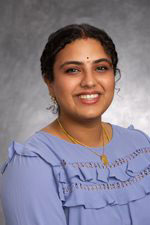 Shri Karri, MD, Medicine/Pediatrics
Shri Karri, MD, Medicine/Pediatrics
"My PLC experience put into context the processes and bureaucratic red-tape that are in place for my patients to get the services they need. In the clinical setting, social workers are paramount in helping patients get over some of these hurdles but there is still an exorbitant amount that factors in like health concerns and disability, child care, literacy level, etc. The DHS processes and the forms were eye-opening about how inaccessible this process could be. Though I may not be able to fully surmount these concerns for patients, I now have more context to be more understanding and help optimize the parts I can."
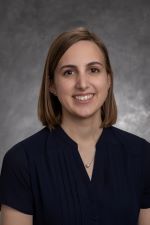 Kristina Myers, DO, Pediatrics
Kristina Myers, DO, Pediatrics